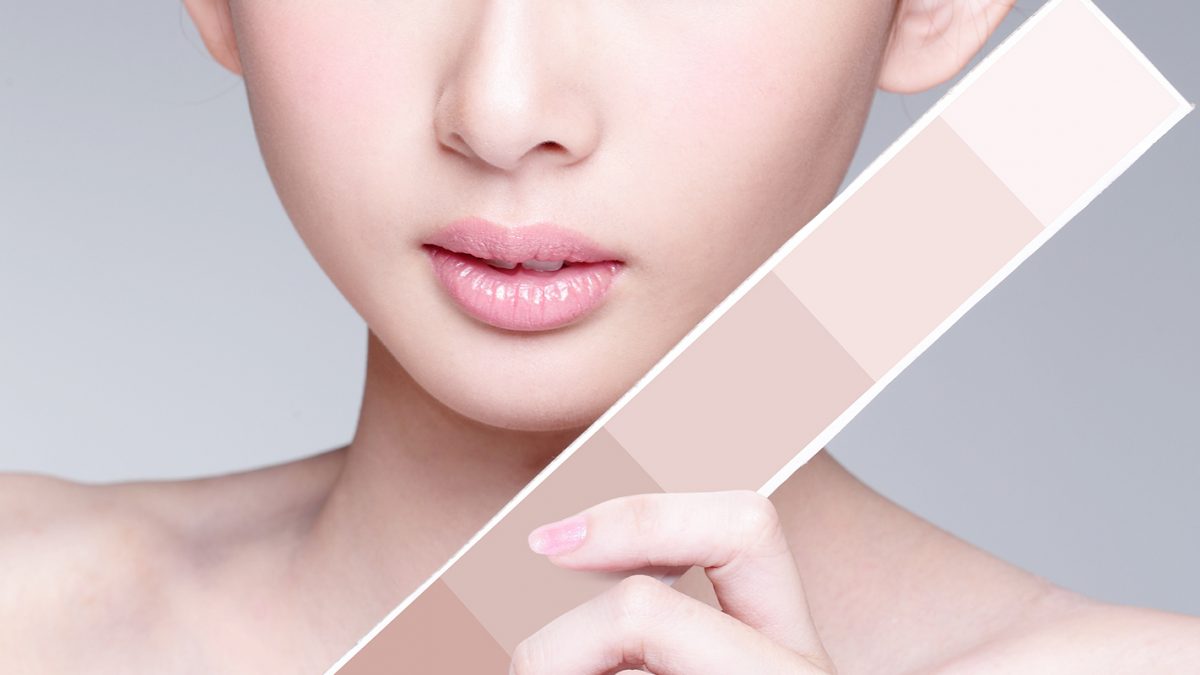Skin whitening dates back as far as the 1500s, yet until today, it still draws controversy. People have mixed opinions on “fixing” dark skin, and understandably so. Colorism is normalized for ages now, especially in Asia. Many people still associate white skin with wealth and dark skin with poverty.

To be fair, socioeconomic status indeed had a role in one’s skin color in Asia. Farmers, for example, spent their entire days out in the sun, causing their skins to darken. Nobles, on the other hand, spent most of their time under a roof and had never worked a day in their lives. As such, the sunlight barely touched their skins.
But that’s flawed logic, too, since many Asian people are in fact born with dark skins. Only our East Asian neighbors, such as the Koreans, Japanese, and Chinese, have naturally fair skins. Hence, stating that skin color indicates socioeconomic status implies that Asians born with dark skins are all poor. It’s an uneducated opinion, proving that colorism didn’t do anything good for our society.
For that reason, many celebrities and ordinary consumers have spoken against skin whitening. But the business continues to thrive in many parts of Asia, and even in the U.S. If you really want to whiten your skin, for reasons without anything to do with colorism, consider these things first:
1. What’s Your Reason for Desiring Whiter Skin?
Having preferences in skin color isn’t inherently wrong. It’s in our nature to find one color more appealing than the other. Thinking that fair skin is beautiful isn’t racist or colorist as long as you don’t have negative perceptions about dark skin.
For example, if you think whitening your skin will allow you to find a foundation shade easier, you’re on the right track. After all, most budget foundations come in a limited shade range. They only suit fair to medium-toned skins. If buying a high-end foundation is more expensive than whitening your skin, then choosing the latter is a financially wise decision.
Besides, you can whiten your skin without actually making it three shades lighter. Instead, the process can just even out your skin tone. It can reduce the appearance of dark spots, acne scars, and other forms of discoloration. As a result, you can be more confident, and your makeup routine can involve less concealing.
2. The Safety of the Process
Intravenous or injectable glutathione is a popular skin whitening procedure in the Philippines, but is known to be risky. If you’re considering getting this procedure done, do your research first. Find out the possible side effects and long-term effects. Also, make sure that the procedure will be administered by a trustworthy dermatologist or aesthetician. Don’t fall for low prices and grandiose claims if they’re made by an unknown person claiming to be a doctor.
According to the FDA, injectable glutathione is an adjunct treatment for cisplatin chemotherapy. As such, they didn’t approve of the procedure as a form of skin whitening. That’s because it can have toxic effects on your liver, kidneys, and nervous system. Fortunately, these effects aren’t guaranteed, especially if a reputable doctor has administered the procedure. But still, it’ll pay to be extra cautious.
For your safety and peace of mind, go for topical glutathione treatments instead. They’re completely safe, affordable, and available over-the-counter. They come in various products, from bath soaps to overnight serums for the face. Topical products may not whiten your skin as fast as injectables do, but at least, they won’t risk your health.
3. The Ingredients of Skin Whitening Products
Before putting any new product on your skin, take time to study its ingredients. If you’re usingbleaching creams, for example, ensure that it doesn’t contain mercury. Mercury is a toxic agent that can cause severe kidney, neurological, and psychiatric problems. If you are pregnant and you used a mercury-laced product, you could pass the mercury to your unborn child.
Another skincare ingredient that’s potentially dangerous is paraben. It can cause allergic reactions, or in worse cases, increase your risk for skin or breast cancer. Therefore, avoid skin whitening products – and any skincare product – with this ingredient. Stick to products with natural or gentle ingredients.
4. Your Self-esteem
Lastly, it’s important to consider your level of self-esteem before undergoing the process. Skin whitening is a short-term, skin-deep treatment. As such, it won’t solve deep-rooted self-esteem issues. It can increase your self-confidence, but not your sense of self-worth. For that, you may need psychological counseling or a better support system that values your worth regardless of your skin color.
Remember, both fair and dark skins are beautiful. While it’s alright to whiten your skin for harmless reasons, it can become an addiction, driving you to risk your health. So, before trying any procedure, consider the factors above, and you can maintain healthy levels of confidence whether you go for the process or not.